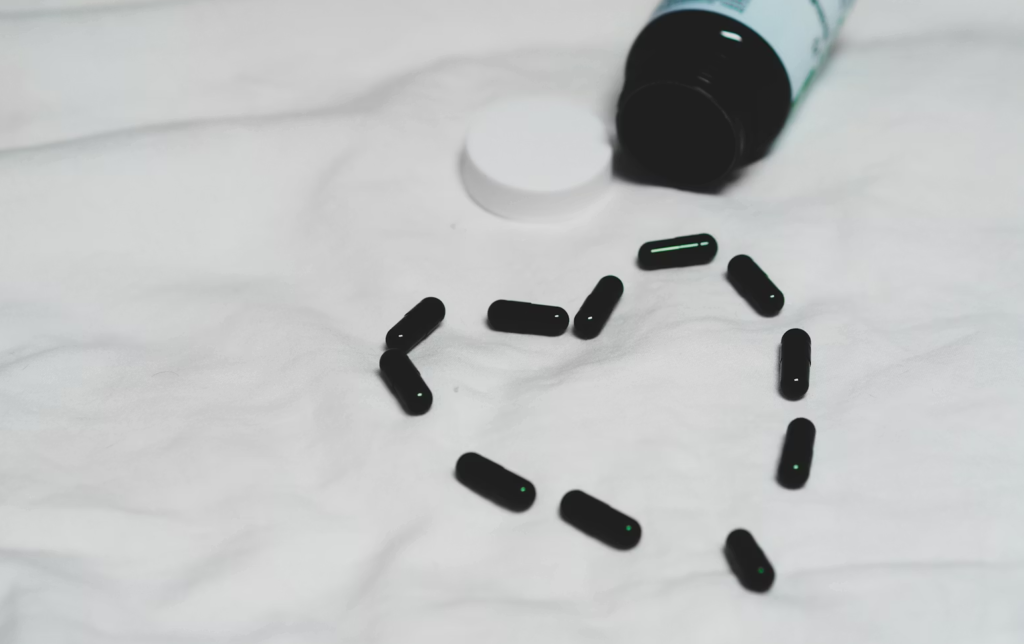Your gut health plays a huge role in how you feel every day. If you’ve ever dealt with bloating, fatigue, low mood, or even brain fog, chances are your gut microbiome had something to do with it. The trillions of bacteria living in your digestive tract don’t just help you process food – they also influence immunity, hormones, and mental health.
The problem is, modern diets filled with processed foods, sugar, and stress can harm your microbiome. The good news? By feeding your gut the right foods, you can restore balance and improve both digestion and overall well-being.
In this post, we’ll break down gut health 101 – what it is, why it matters, and the most effective ways to feed your microbiome. By the end, you’ll know exactly how to make your gut stronger, healthier, and happier.
Eat Fiber-Rich Foods
Fiber is the foundation of good gut health. It acts as fuel for the beneficial bacteria in your intestines, helping them grow and thrive. Without enough fiber, your gut bacteria can’t do their job effectively, which may lead to digestive problems, inflammation, and even weakened immunity.
Key things to know:
- Soluble fiber (found in oats, beans, apples) feeds good bacteria.
- Insoluble fiber (in vegetables, nuts, whole grains) supports regular bowel movements.
- A diet low in fiber can starve beneficial microbes and reduce microbiome diversity.
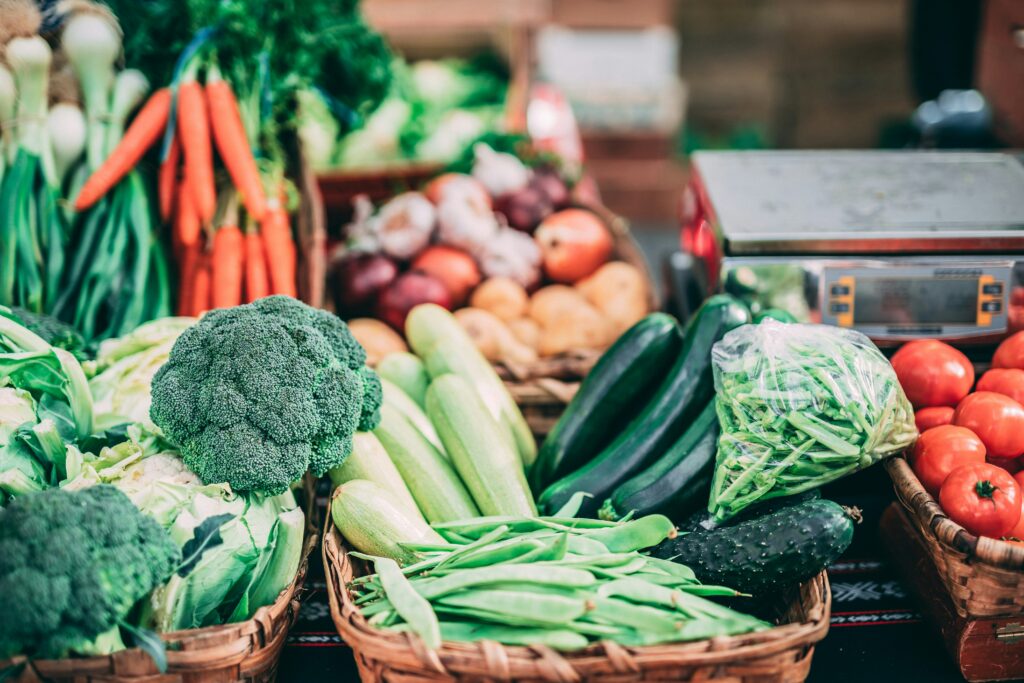
Adding more fiber doesn’t have to be complicated. Start by including whole fruits instead of juice, swapping white bread for whole grain, or adding beans to your meals. Over time, your gut will become more resilient and better able to support your overall health.
Include Probiotic Foods
Probiotics are live bacteria that directly add to the population of healthy microbes in your gut. Eating probiotic-rich foods is one of the best ways to strengthen your microbiome naturally.
Key things to know:
- Yogurt with live cultures is one of the most accessible sources.
- Fermented foods like sauerkraut, kimchi, and kefir deliver diverse strains of good bacteria.
- Not all store-bought probiotic foods contain live cultures, so always check labels.
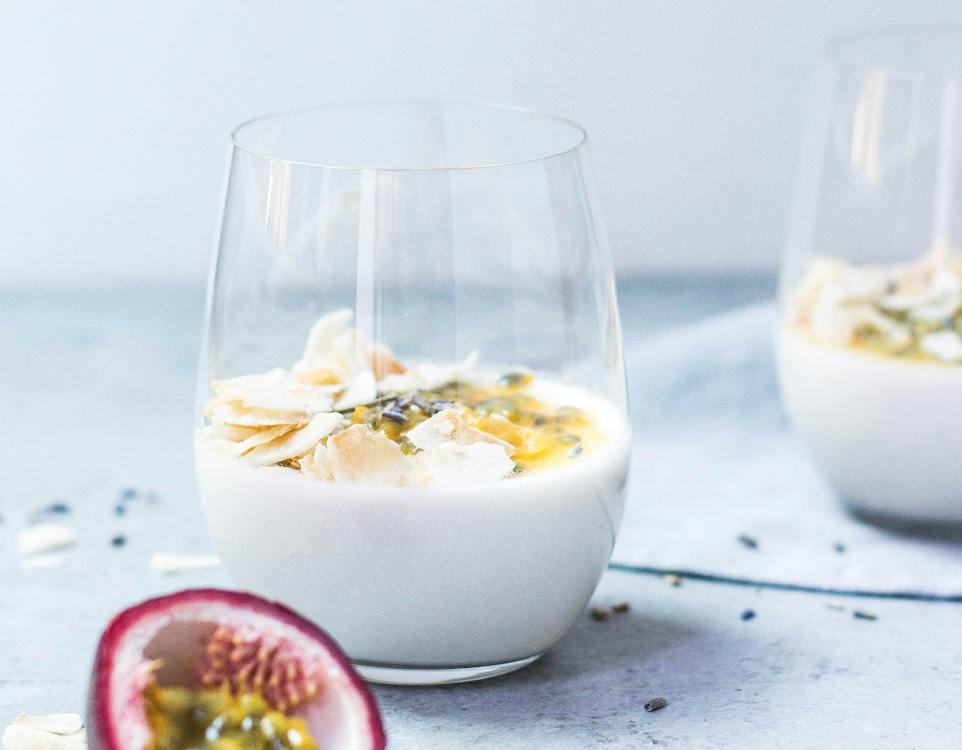
By regularly eating probiotic foods, you can boost gut diversity and help maintain a healthy balance of bacteria. This can improve digestion, reduce bloating, and even support mood regulation.
Don’t Forget Prebiotics
While probiotics are beneficial bacteria, prebiotics are the food they need to grow. Think of them as fertilizer for your microbiome. Prebiotic-rich foods are high in certain fibers that your body can’t digest but your gut bacteria love.
Key things to know:
- Foods like garlic, onions, bananas, and asparagus are natural prebiotics.
- Prebiotics improve gut health by supporting beneficial bacteria growth.
- A diet with both probiotics and prebiotics (called synbiotics) is especially powerful.
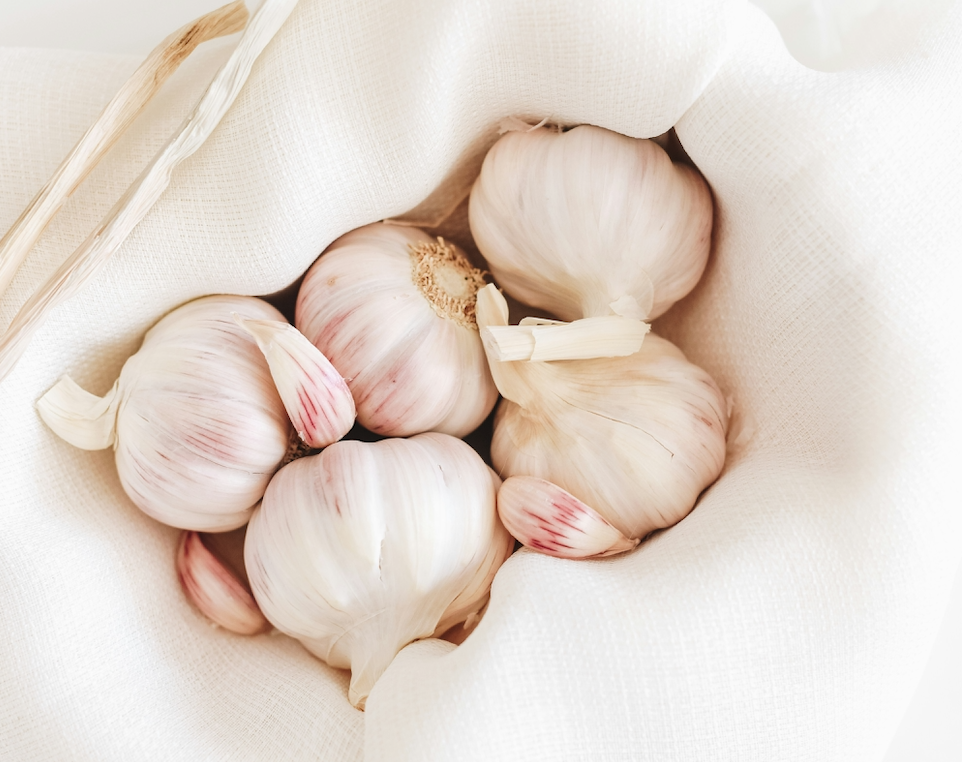
Adding more prebiotics to your meals helps ensure your probiotics don’t just survive, but thrive. Together, they create a healthy gut environment that improves digestion and immunity.
Limit Processed Foods and Sugar
One of the biggest threats to gut health is a diet high in sugar and processed foods. These foods encourage the growth of harmful bacteria and yeast, which can crowd out the good bacteria in your microbiome.
Key things to know:
- Excess sugar feeds “bad” microbes, leading to imbalances.
- Processed foods lack the fiber your gut needs to thrive.
- Over time, this imbalance can lead to inflammation and poor digestion.
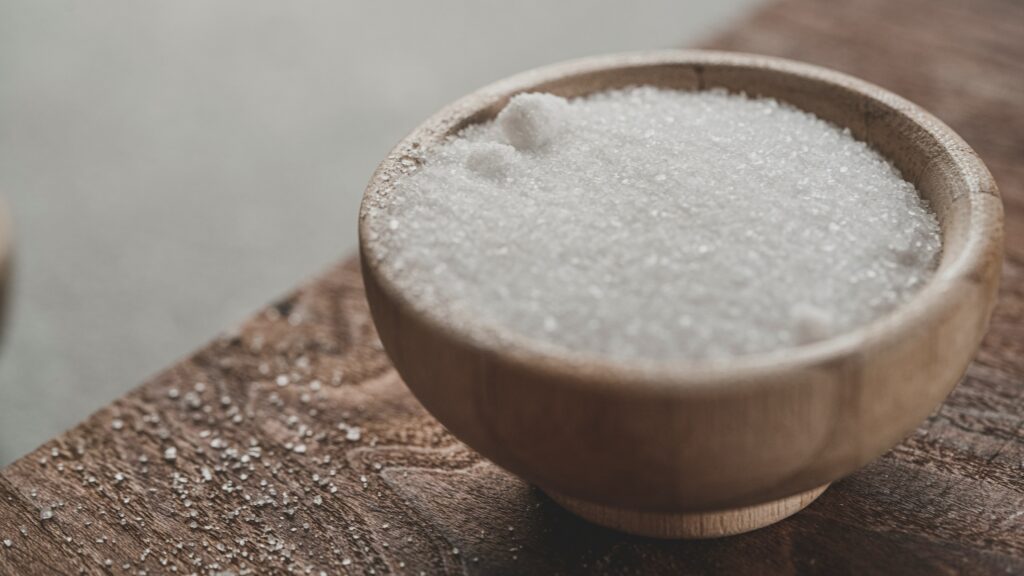
That doesn’t mean you need to cut out all treats, but being mindful of how much sugar and processed food you consume makes a big difference. Opt for whole, nutrient-dense foods most of the time to keep your microbiome balanced.
Stay Hydrated
Water may not always get the spotlight, but hydration is essential for gut health. Fluids help break down food, move it through your digestive system, and keep your intestines functioning properly.
Key things to know:
- Adequate hydration prevents constipation.
- Drinking water supports the mucosal lining of your intestines.
- Herbal teas and mineral water can also be beneficial.

Aim to drink water consistently throughout the day rather than chugging it all at once. When your body is well hydrated, your microbiome has the right environment to thrive.
Manage Stress Levels
Your gut and brain are directly connected through what’s known as the gut-brain axis. When stress levels rise, your gut often feels it – leading to issues like indigestion, cramping, or changes in bowel habits.
Key things to know:
- Chronic stress can negatively affect gut bacteria.
- Practices like yoga, meditation, and deep breathing help reduce stress-related gut issues.
- Even small daily habits like walking outside can calm the gut-brain connection.

By managing stress, you’re not just supporting mental health – you’re also creating a healthier gut environment.
Frequently Asked Questions
1. How long does it take to improve gut health?
It depends on your starting point. Some people notice improvements in digestion within days of changing their diet, while for others it may take weeks or months. Consistency is key.
2. Should I take probiotic supplements, or are foods enough?
Foods are usually the best place to start since they provide both probiotics and nutrients. However, probiotic supplements can help if you need extra support – just choose high-quality products with diverse strains.
3. Can poor gut health affect more than digestion?
Yes. Gut health is linked to immunity, mood, weight, and even skin health. An unhealthy microbiome can contribute to fatigue, brain fog, and inflammation throughout the body.
Final thoughts
Your gut health impacts almost every part of your life – from digestion and energy to mood and immunity. By eating more fiber, adding probiotic and prebiotic foods, reducing sugar, staying hydrated, and managing stress, you can create a thriving microbiome that supports your long-term well-being.
The best part? These steps don’t require drastic changes. Small, consistent adjustments can transform how you feel, both inside and out. A healthy gut means a healthier, happier you – and it all starts with what you feed your microbiome.
How do you take care of your gut? Leave a comment below!




